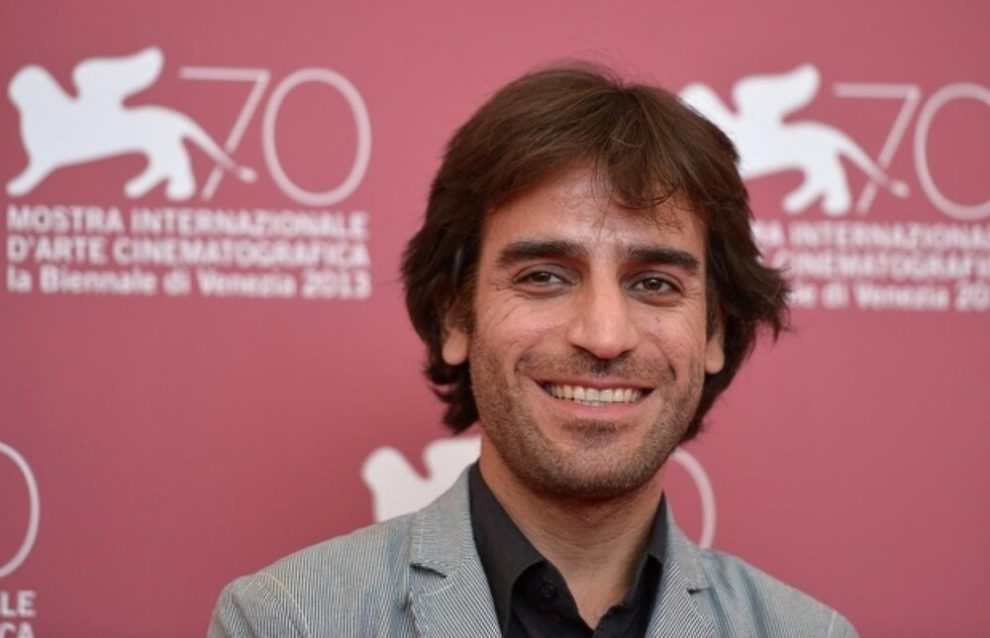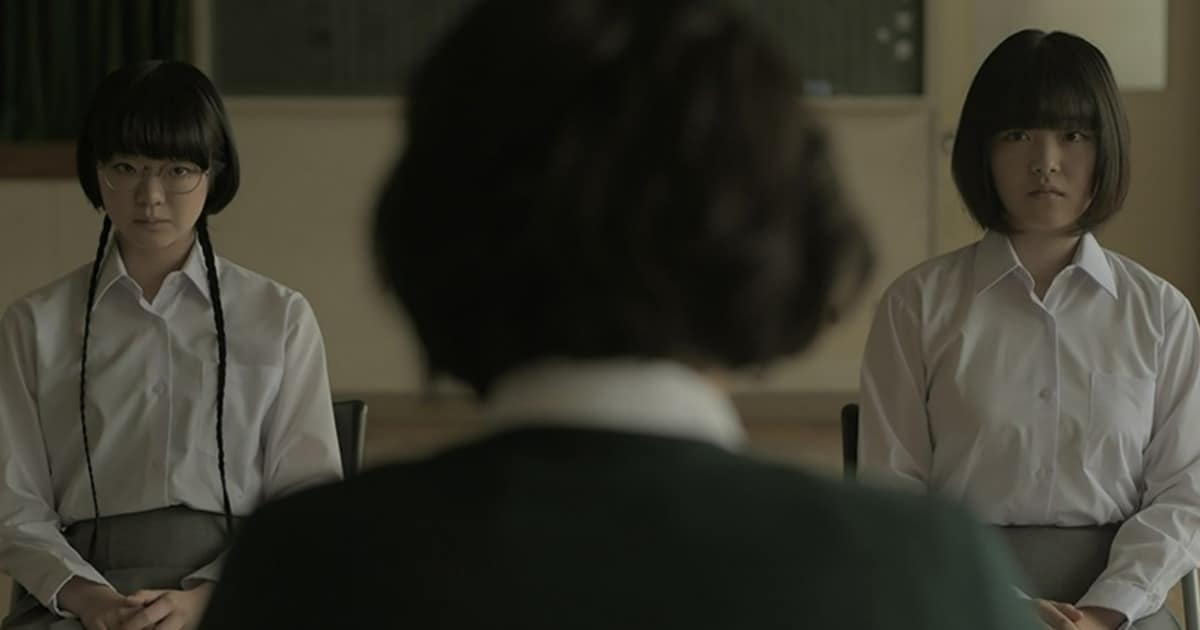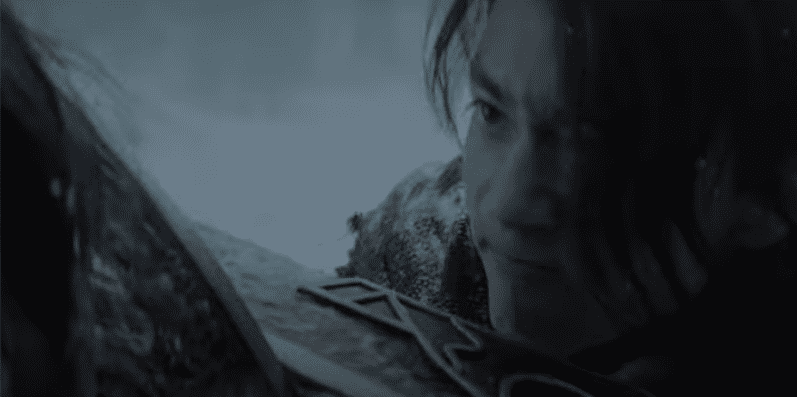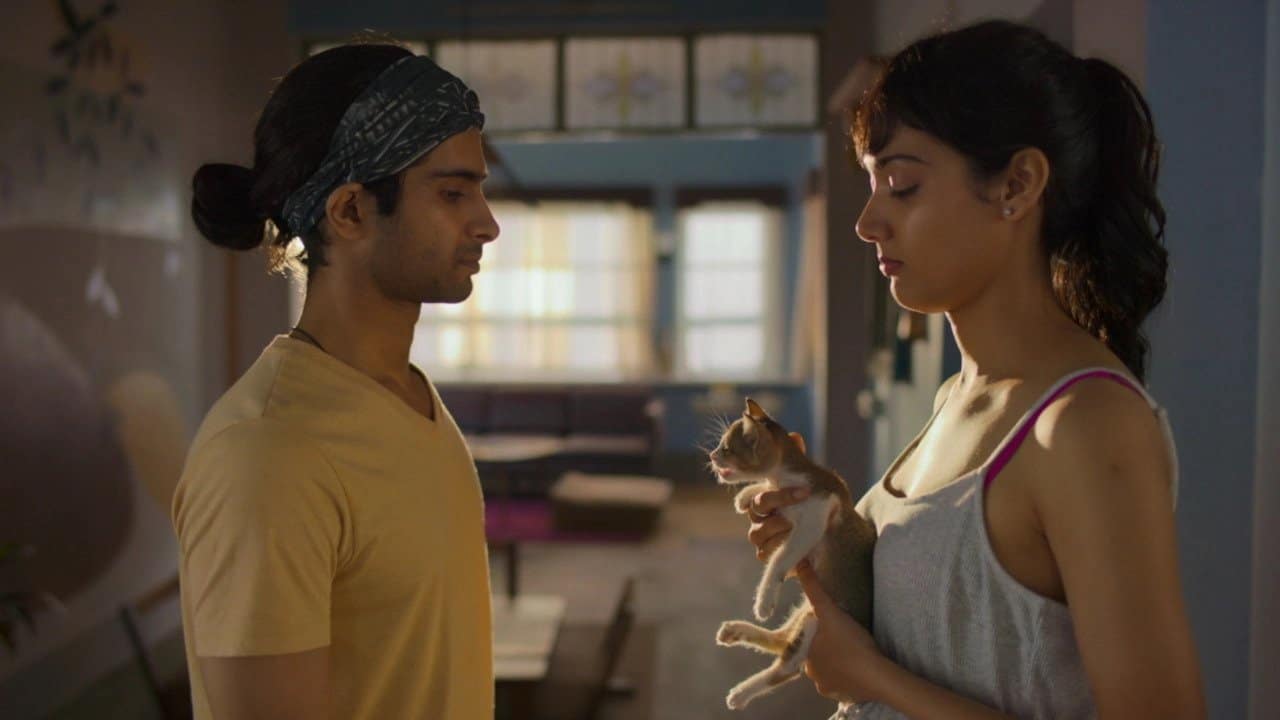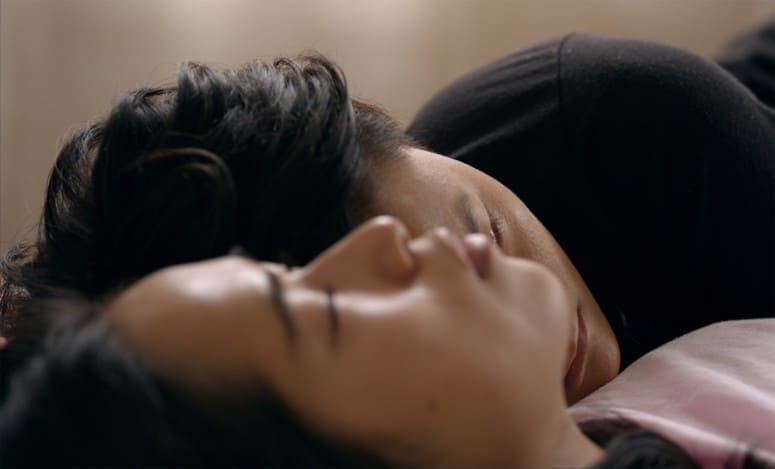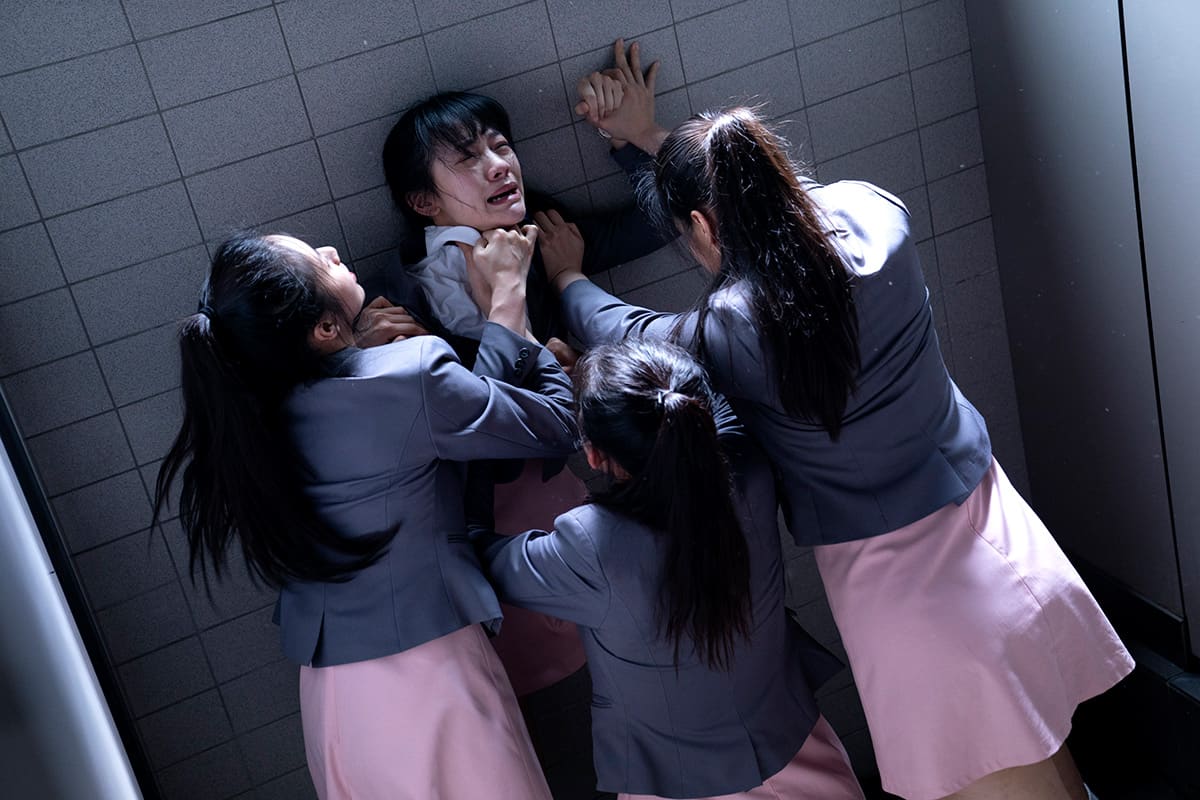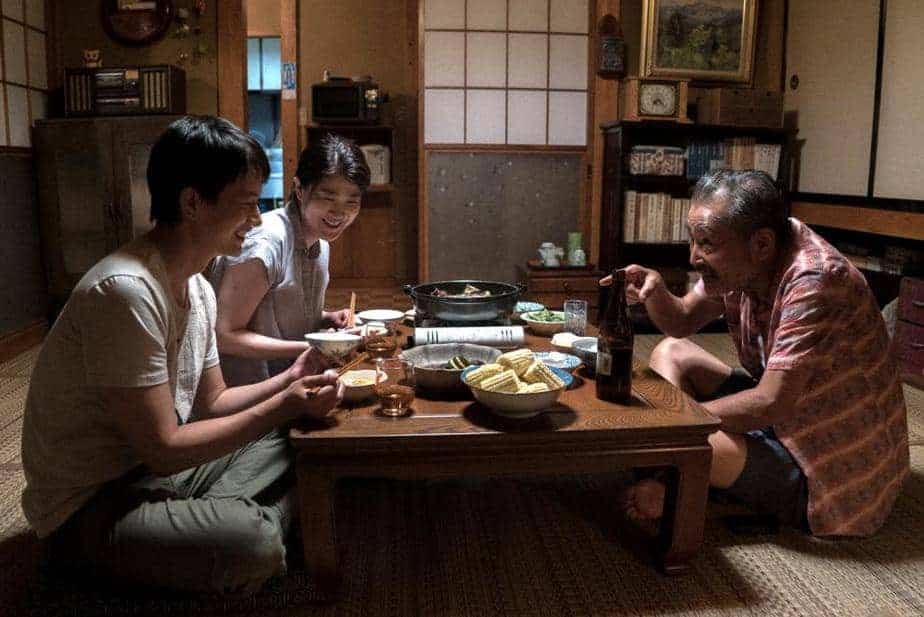Shahram Mokri was born in 1978 in Kermanshah, Iran. After graduating from Tehran's Soureh College, he has made eight TV dramas, two TV series and over 20 short features. His second feature “Fish & Cat” won the prestigious Orizzonti Award for innovative content during the 70th Venice International Film Festival.
His fourth feature “Careless Crime” was selected at this year's Orizzonti competition at Venice Film Festival and based on a tragic incident which happened in Iran in the 1970s.
In an interview with AMP, Shahram Mokri talks about the background of his movie, its narrative style as well as the cast of “Careless Crime”.
“Careless Crime” is based on a specific incident which happened in Iran in the 1970s. Could you explain what happened and why this event is relevant for your film?
This is a story which is very important in my home country, especially for cinema. If you are a cinephile and living in Iran, you certainly know about the tragedy that happened that day. When I thought about this story again a few years ago, I thought it may shed an interesting light to the situation in Iran today. By setting the story into the present, in Tehran, I wanted to know whether these kinds of events and characters could exist in the modern world.
I often find myself contemplating on the link between history and time, thoughts I aimed to implement within the story which eventually became “Careless Crime”, one the one hand a re-telling of the tragedy of Cinema Rex and on the other hand a contemplation on modern day Iran.
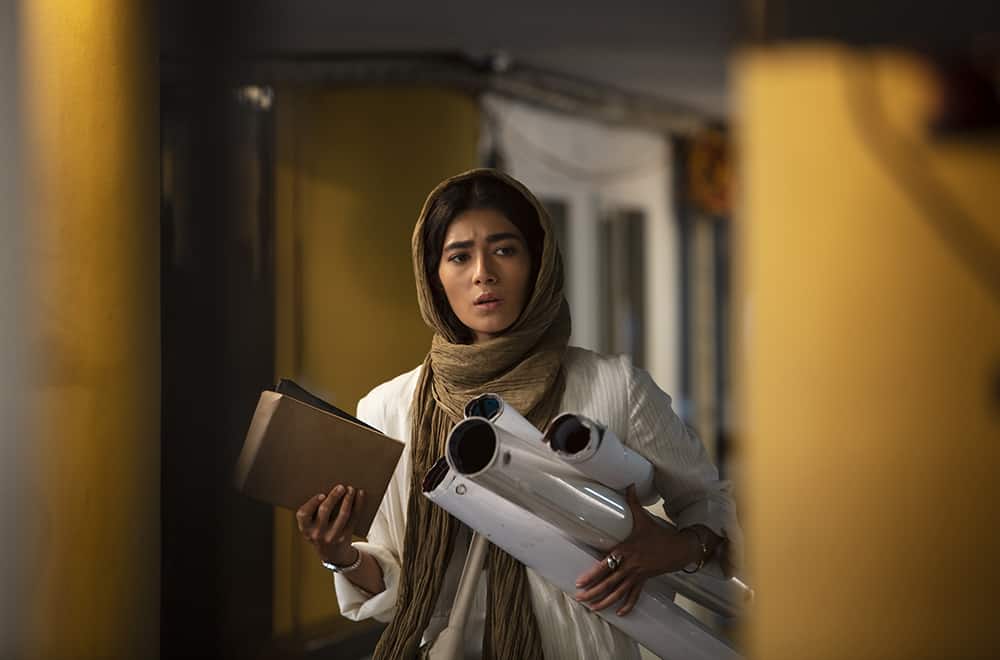
Is that why in your statement to “Careless Crime” you mention the movie is not so much about the event itself but actually about cinema?
When you watch “Careless Crime” you will find yourself captured in a movie within a movie-situation, altogether this happens on four occasions . The silent movie we see in the beginning, when Faraj visits the film museum, is basically telling the story about the tragedy that happened at Cinema Rex. So the incident itself is already a big part of the history of cinema itself. There is also a classic Iranian movie which you see a few parts of, which is also a reflection of this event, a story starring some of the biggest Iranian actors of that time.
Eventually there is also my movie, “Careless Crime”, which is also the title of the feature the characters will see on the big screen, a tale about a small group of soldiers lost in the desert. As soon as the camera shows the deer, we feel that history is in the loop again. It is some kind of hint that we are looking at history from the perspective of cinema.
As a writer and director do you think this is the best or most suitable way to approach history?
To be honest, I think this is the best way possible – at least in my mind – to tell this specific story, especially when we are talking about the link of time and history like we do in “Careless Crime”. Also, in my previous work, I already explored the concept of time to a certain extent and wanted to continue this with “Careless Crime”. This approach is by no way a means to trick the censors or have my movie accepted by them, but it is my way.
You said before “Careless Crime” is a reflection of Iran today. Can you explain why?
It is not just about Iran, but actually about a shared experience in many countries in the Middle East which have dealt with big tragedies such as the Cinema Rex-incident. After the cinema had burned down, the police told the public this had been planned for quite some time, but when you take a look at the perpetrators and their stories, you will soon find out, much of what happened was a mere coincidence. There was no master plan.
Instead, we had an investigation during which various factions blamed each other for little things rather than looking at the big picture, the human tragedy. It is a story which is so typical for so many countries in the Middle East. It is like the soldiers in the film discussing small details rather than the fact they have discovered a missile in the middle of nowhere, a potential threat. The bigger picture is a mystery to them, or they are oblivious to it.
Can you say something about the casting of “Careless Crime”? On a personal note, I like to say I was quite impressed with Razieh Mansouri and Mohammad Sareban.
Thanks, that means a lot. This is actually Mohammad's second time in a film, he also acted in a short feature a while ago. But it was only a very minor character so “Careless Crime” is the first time he is one of the main stars. Razieh also starred in a short feature previous to her role in my movie. By the way, Mohammad may not yet be a big name in cinema, but her certainly is on the Iranian theater stage.
Something you also see in “Careless Crime”, the movies implemented in the narrative, is how many Iranian movies always use the same actors which makes them look and sound identical to a point. As a director I always support young and new talent which is why you see a lot of young actors and actresses in my movies, some of them with a lot of experience in movies and some of them from the stage.
Can you tell us something about projects you are working on at the moment?
Nasim Ahamdpour, who is the co-author of “Careless Crime”, and me we are working on another project at the moment, a story about a group of old men who go camping. With the coronavirus situation at the moment and other obstacles to overcome, which seem to occur in many productions in Iran, we do not know when we will start filming it though. We will wait for the end of this worldwide crisis and then continue with this project.
Thank you for the interesting conversation.


